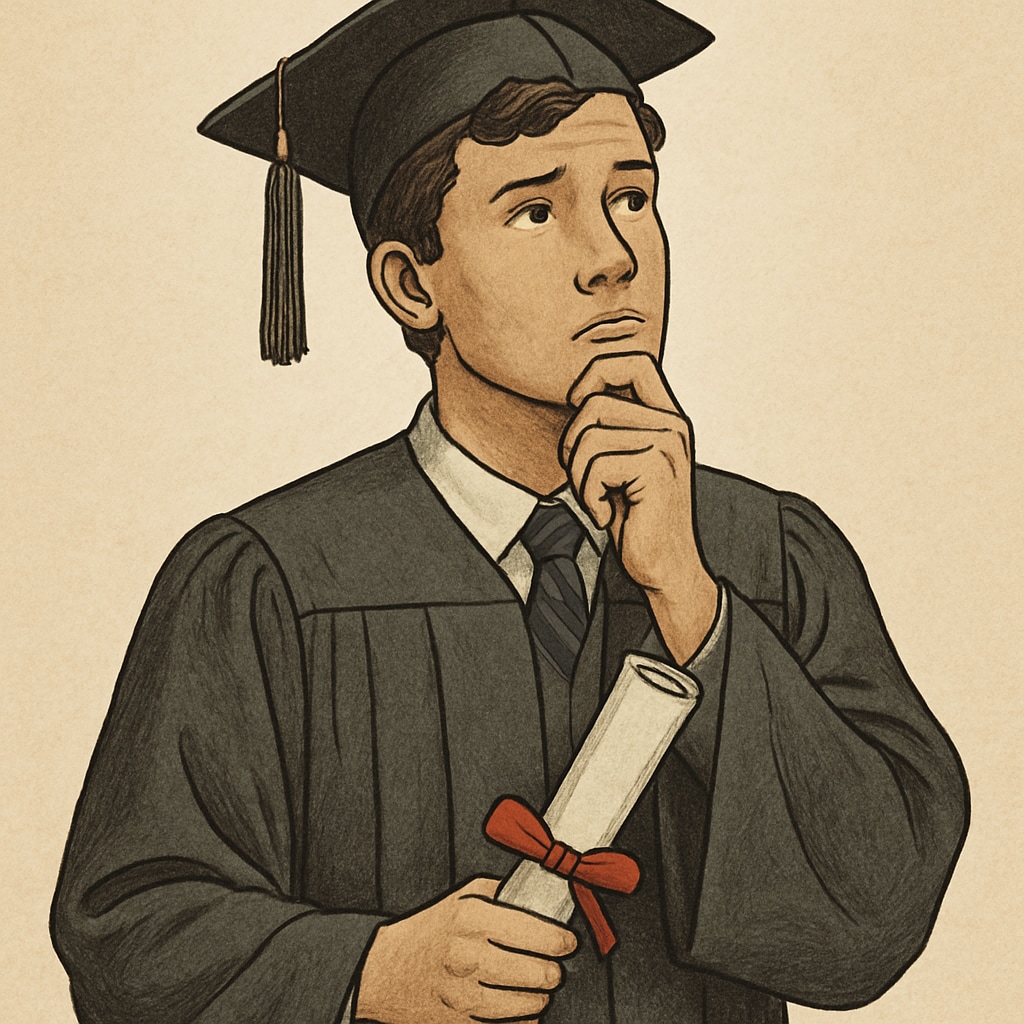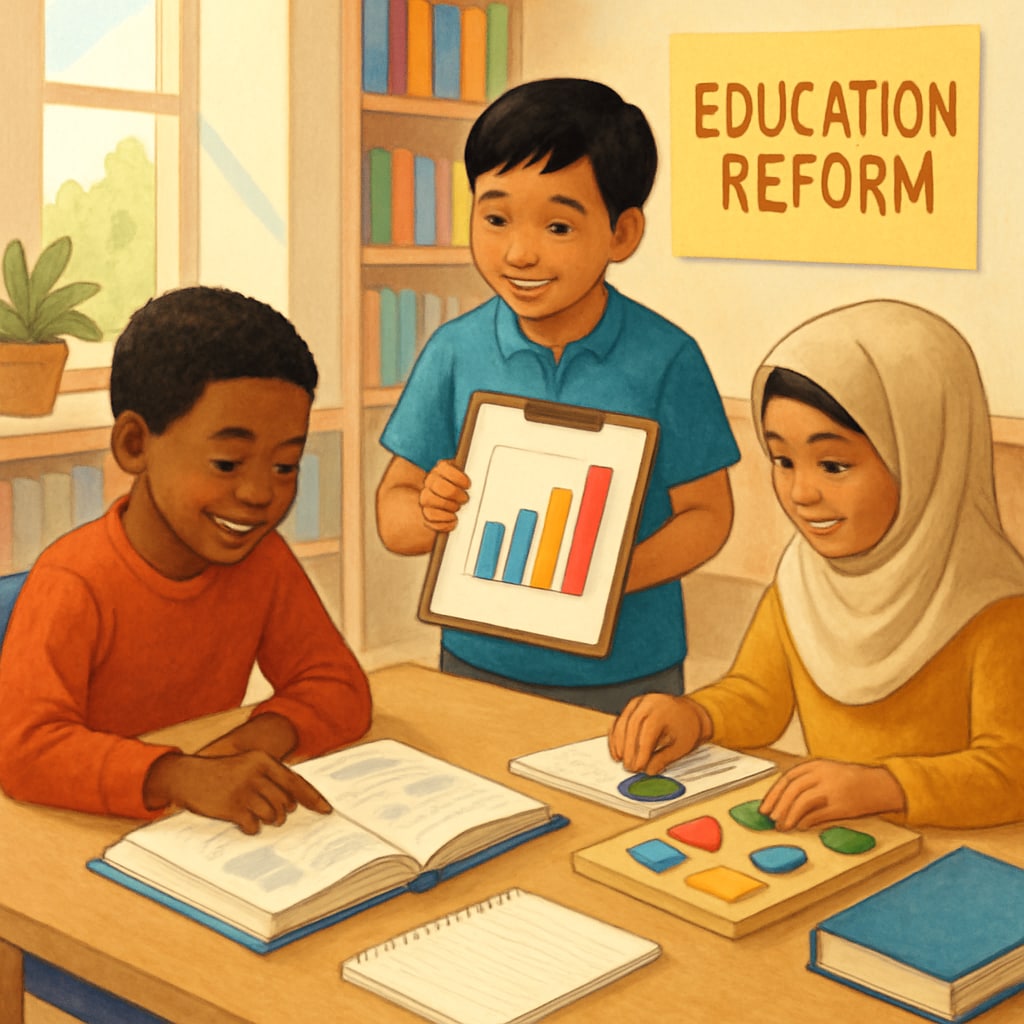Receiving a modified high school diploma often comes with a complex mix of emotions. While it is meant to provide students who face unique challenges an alternative path to graduation, the stigma associated with this non-standard credential can lead to feelings of regret and self-doubt. In this article, we delve into the psychological impact of modified diplomas, the societal perception surrounding them, and the need for reform in education evaluation systems to better accommodate diverse learning needs.
The Psychological Toll of Modified Diplomas
Students who graduate with modified diplomas often struggle with feelings of inadequacy. Despite their accomplishments, the distinction between a standard diploma and a modified one can create a sense of “otherness.” This stigma often stems from societal norms and expectations that equate standard diplomas with competence and success. As a result, students may experience regret or embarrassment, questioning their own capabilities.

Psychologists note that these feelings can have long-term repercussions, affecting self-esteem and even career ambitions. For instance, employers or academic institutions may perceive modified diplomas as less credible, further compounding the challenges faced by students. According to a study published on Britannica, educational credentials often play a significant role in shaping one’s societal identity, making any deviation from the norm a potential source of stress.
Social Perceptions and Systemic Issues
One major contributor to the stigma surrounding modified diplomas is the lack of awareness and understanding about what they signify. Many people mistakenly view these diplomas as indicators of failure or inadequacy, rather than recognizing them as tools designed to support students who have faced unique challenges, whether academic, psychological, or physical.
Additionally, the current system often fails to properly communicate the value of modified diplomas. Schools and educators may unintentionally reinforce the divide between “standard” and “modified,” further alienating students. For example, the way diplomas are presented during graduation ceremonies can highlight these differences, making students feel singled out.

Furthermore, systemic issues such as rigid curriculum standards and standardized testing have created an environment where diverse learning needs are not adequately met. According to Wikipedia, many education systems worldwide prioritize uniformity over flexibility, leaving little room for personalized approaches that could benefit students with modified learning paths.
Reforming Education Evaluation Systems
To address the challenges associated with modified diplomas, education systems need to embrace a more inclusive and flexible approach to student evaluation. This could involve the following measures:
- Rebranding Modified Diplomas: Schools should focus on reframing the narrative around these diplomas, emphasizing their role as an achievement rather than a compromise.
- Enhancing Communication: Educators, parents, and students should receive better resources to understand the purpose and benefits of modified diplomas.
- Expanding Curriculum Options: Introducing alternative learning paths and assessment methods could reduce the need for categorization between standard and modified diplomas.
- Promoting Workplace Awareness: Employers and academic institutions should be educated about the value of modified diplomas to reduce bias against applicants who hold them.
In addition to these measures, creating a more holistic education evaluation system that values skills, creativity, and personal growth over rigid metrics could significantly improve the perception of modified diplomas. For instance, portfolio-based assessments or project-based learning may provide a more accurate representation of a student’s abilities.
Conclusion: A Call for Change
Graduating with a modified diploma should never be a source of regret or stigma. By reevaluating the education evaluation system, society can ensure that all students—regardless of their learning paths—feel valued and empowered. As education continues to evolve, it is crucial to prioritize inclusivity and adaptability, paving the way for a future where every diploma is seen as a testament to a student’s unique journey and capabilities.
The move toward inclusive education reform is not just about adjusting policies; it’s about reshaping societal attitudes to celebrate diversity in learning and success.


